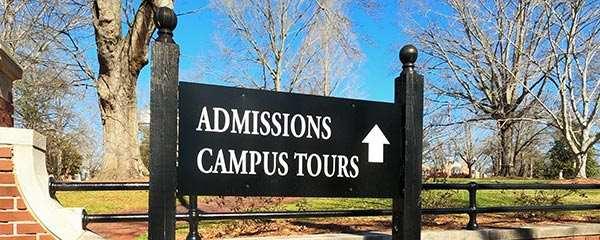Story Highlights
- Most students feel their college education is worth the cost
- Ratings are slightly higher among private not-for-profit schools
WASHINGTON, D.C. -- Seventy-one percent of currently enrolled bachelor’s degree students nationally strongly agree or agree that the degree they are receiving is worth the cost, and just 8% strongly disagree or disagree. Attitudes toward cost are broadly similar across different types of higher education institutions, although students attending private not-for-profit institutions are slightly more positive. Forty-one percent of students attending private not-for-profit institutions strongly agree the degree they’re receiving is worth the cost, compared with 33% of those attending public colleges.
These results are based on web survey responses collected March 13-30, 2023, from 2,430 students pursuing their bachelor’s degree at a four-year U.S. institution. Overall rates include private for-profit institutions. Rates are not provided separately for this population due to sample size.
Perceptions of Preparation Important Predictor of Value
Â鶹´«Ã½AV evaluated the factors that most highly correlate with a student’s belief that the degree they are receiving is worth the cost and found perceptions of preparation for life after college among the most important. Other factors that influence a student’s rating of value include the school’s perceived commitment to free expression and diversity, the extent to which the school makes the student feel physically and psychologically safe, and the level of care students receive from faculty.
Key factors that predict a student’s likelihood to believe their degree is worth the cost are listed below, in order of importance:
- Preparation for life after college
- The ability to express oneself freely on campus
- The extent to which students have the opportunity to interact with people with different views
- Perceptions of physical safety
- The extent to which professors care about students as people
- Perceptions of belonging
- Admissions selectivity of institution according to IPEDS
The majority of college students nationally (75%) strongly agree or agree their institution is preparing them well for life outside of college, while just 6% strongly disagree or disagree. Perceptions of preparation are slightly more positive among students attending private not-for-profit institutions than those attending public colleges. Forty-six percent of students at private not-for-profit institutions strongly agree their university is preparing them well for life outside of college, compared with 33% of those at public colleges.
An institution’s U.S. News and World Report ranking is not a strong predictor of a student’s belief that their degree is worth the cost, although admissions selectivity, which is a component of these rankings, is correlated with perceptions of value.
Implications
Most current college students believe the degree they are receiving is worth the financial and opportunity cost expended. Despite these strong ratings, about three in 10 students are not confident the value of their degree is equivalent to the time and resources they are investing in it. Fortunately, the predictors of value -- belief that a student is being prepared for their next post-collegiate step, free expression is encouraged, diversity is promoted, physical safety is prioritized, professors demonstrate care and belonging is strong -- provide university leaders with a list of levers to pull to improve perceptions of value among all students. Amid declining national enrollment, that focus will be critical to assuring current and future students that the return of a college education is worth the price of admission.
To stay up to date with the latest Â鶹´«Ã½AV News insights and updates, .




